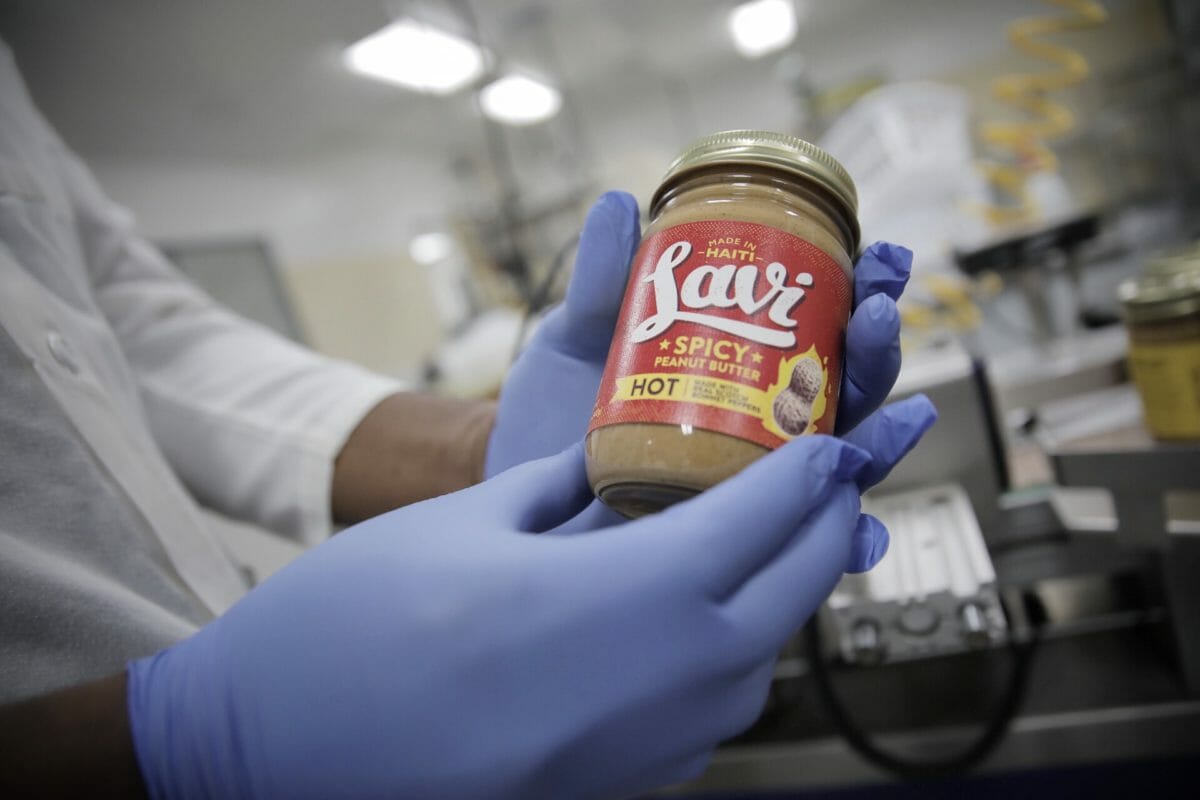A letter from our publisher.
CORPORANT, Haiti— It’s a sad fact that in many poor communities around the world, going to school is the difference between getting a consistent meal or not. This is particularly the case in rural farming communities, with limited economic opportunities.
A year after Acceso created a nutritional snack program for 11 schools (generously funded by the W.K. Kellogg foundation) in the central plateau of Haiti, enrolment went up 20 percent. Acceso is an organization I cofounded that was formerly the Clinton Giustra Enterprise Partnership.
Recently, I visited one of these schools and was greeted by 200 children from grades K-6. It was a similar experience to many I have had through my travels in the developing world. I have found that children from the poorest communities are kind and gracious. Many of the students were the children of smallholder farmers that live in this remote part of Haiti. Our organization has been working with more than 7,400 of these local farmers since 2014. Through our agribusiness model we have found ways to increase farmer incomes three-fold in that time period. Another approach to increasing income for the farmers we work with was to create a spicy peanut butter for export, called Lavi, that could grow demand for local peanuts. It comes in 3 levels of spiciness—mild, medium and hot.
We are just beginning to explore markets where we can sell this product in the US. Any profits we make on the sale of peanut butter will be reinvested into scaling our work in Haiti or creating new agribusinesses in the region. I visited the Lavi peanut butter plant (which employs around 30), which was well equipped and staffed. It’s current capacity is around 2,000 jars per day. I was impressed by the efficiency of our local operations which shell peanuts, test for Aflatoxin , sort, roast and finally churn them into peanut butter.
What does all this have to do with the children I visited? We deliver daily snacks to schools in the area which are made mostly from our peanuts. We also use other local ingredients, like cassava. We currently provide 4,000 students with snacks per day but are looking to ramp that up to 8,000 by this coming fall. In addition, our peanuts also go into a nutritious high calorie peanut product in a jar called Nourimamba for local hospitals. It’s used for children with severe malnutrition. These products not only help feed children, but also create more demand and new income for their farmer parents, hopefully helping break the vicious poverty trap many of these families are stuck in. Economic opportunity for parents and education for children can be a very powerful combination.
On the day we visited the school, we were greeted by all the students. They formed a line and sang us a welcome song in French. It was very sweet. One of the older girls stood in front of the group and read out a speech of sorts, more like a poem. It was in French, but she gave me the laminated sheet it was written on as a gift. The first line spoke volumes to the importance of our feeding program. “Access to food here is a dream,” she said.
Those words and their sentiment may feel surreal to people from our part of the world, but it’s a daily reality in many places. Whenever I leave one of these visits, I have conflicting emotions. I feel somewhat proud that our work is providing nourishment to so many children. I also feel proud that we’re helping these children’s parents make more money so they can invest more in their childrens’ education. But I also feel a bit of shame, that I came from a part of the world that consumes a lot more than it needs and is both ungrateful for its good fortune and ambivalent about the needs for so many around the world.

Felicito esta iniciativa. Me gustaría ver como aplicarla en Puebla, México